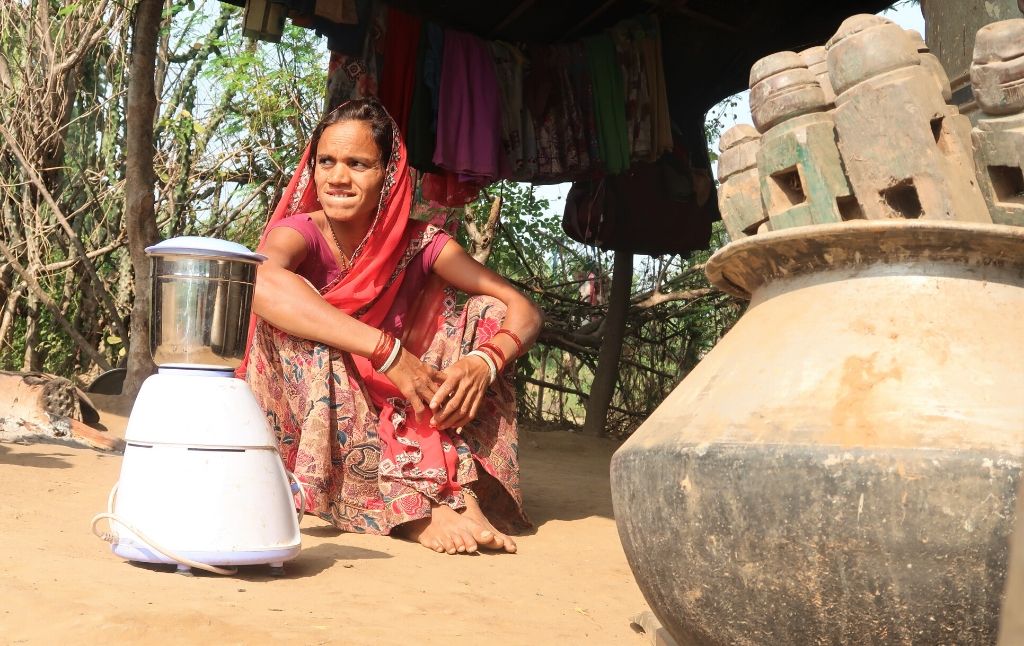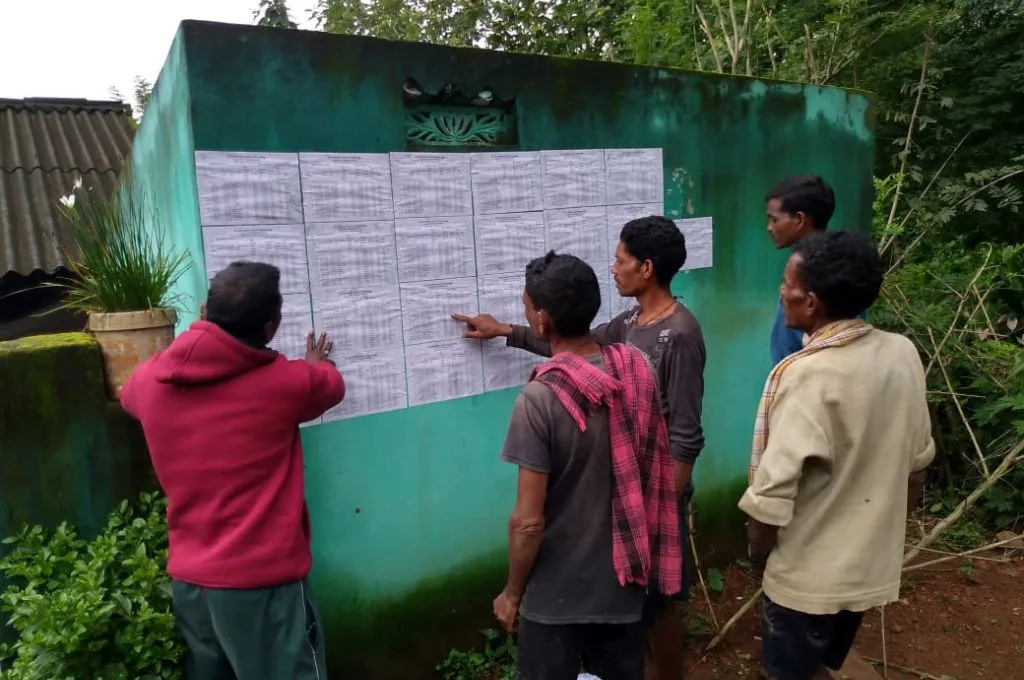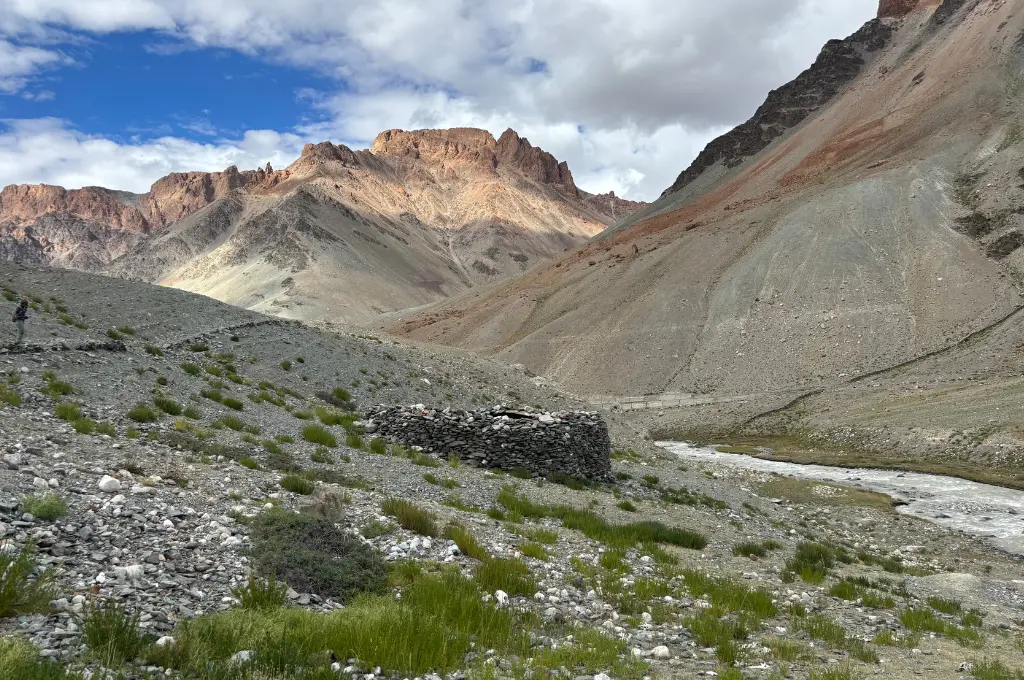‘Blended’ finance

Despite the crisis created by the COVID-19 lockdown, microfinance companies in southern Rajasthan continue to harass Adivasi households to repay loans—at a time when large-scale mortality due to hunger and unemployment looms close.
The number of companies giving usurious loans to Adivasi families is estimated to have increased by 700 percent just last year. On the advice of other women from her village, Khani Bai, a 30-year old Adivasi woman from Jhallara joined four different loan groups created by these microfinance companies. She was offered a mixer grinder at an estimated cost of INR 3,700 as a part of one of her loans. While she refused to accept it initially, the company put pressure on her to take it.
She did not use the mixer grinder, since she doesn’t have electricity in her house. But she continued to pay extra instalments of INR 200 for a low-quality product she did not want, and has no use for.
Khani Bai has now managed to pay off her loan amounts, and is not indebted to the microfinance companies any longer.
Drishti Agarwal is a programme executive at Aajeevika Bureau; Kamlesh Sharma is a programme manager at Aajeevika Bureau; Khani Bai is an Adivasi woman from Jhallara, Udaipur district.



